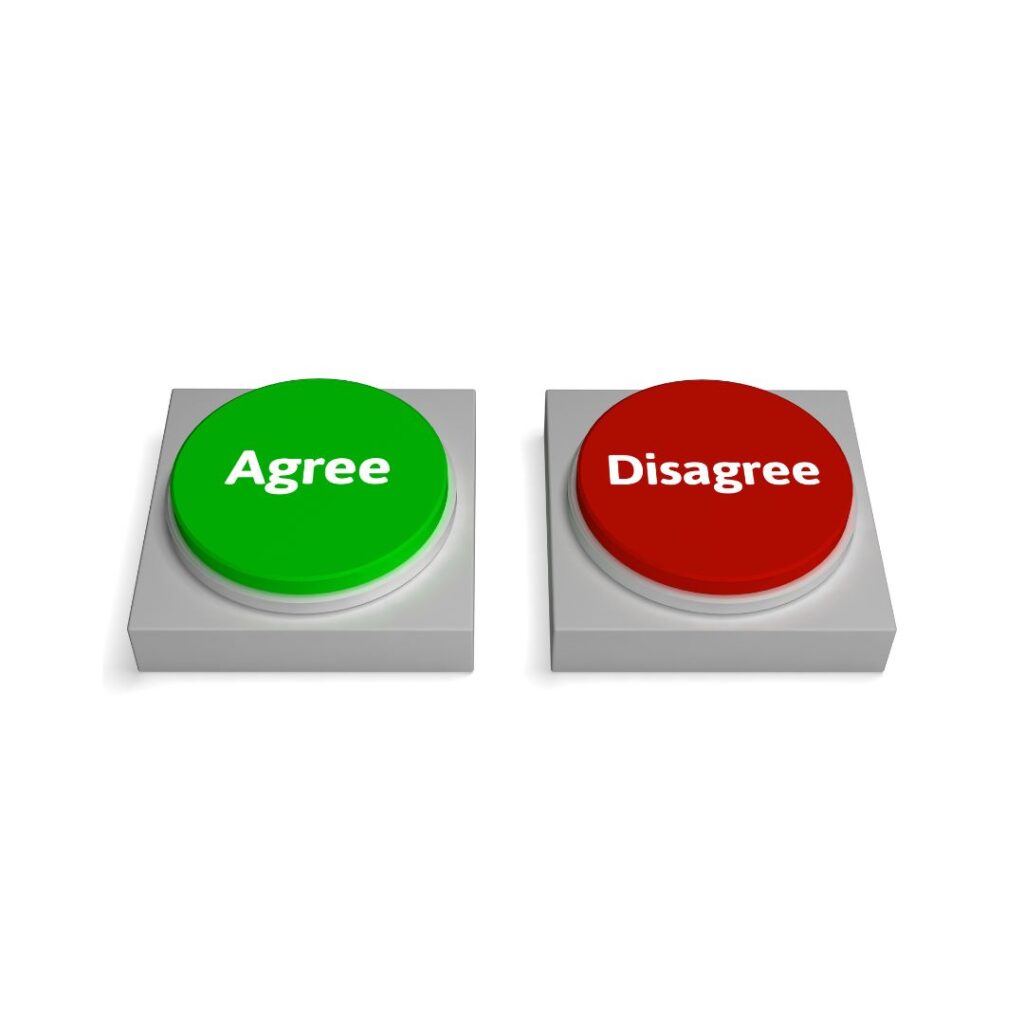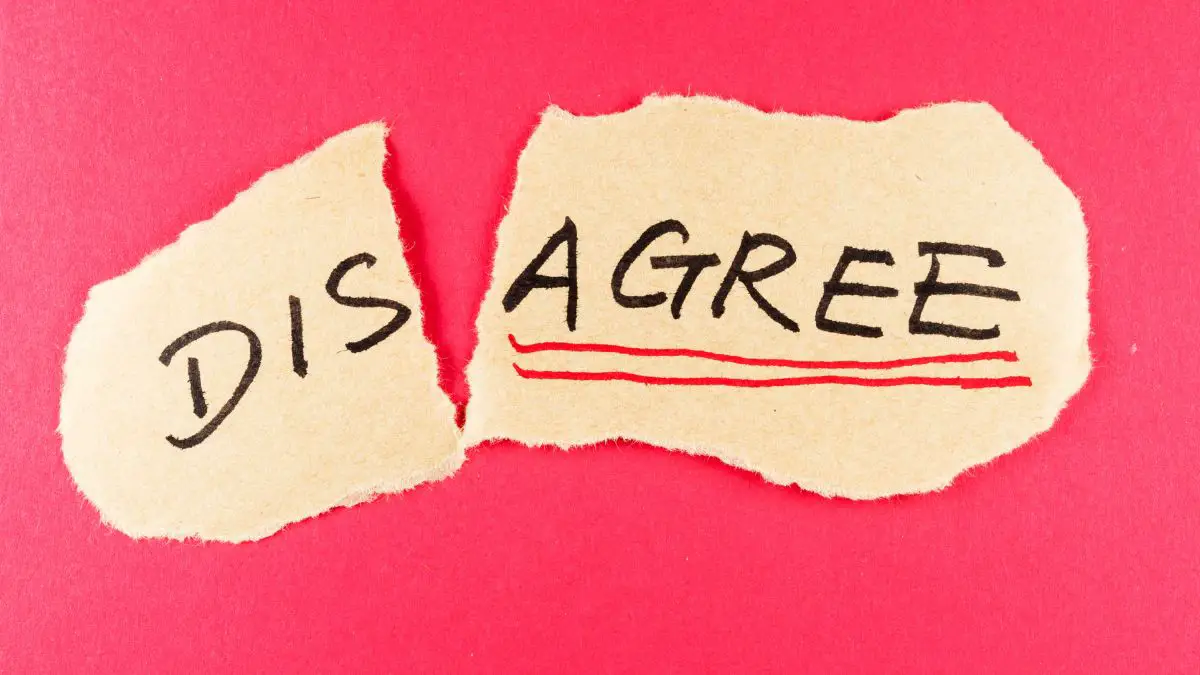Table of Contents
- Introduction to Peer Reviews in Journal Publishing
- 1. Understanding the Nature of Peer Review Disagreements
- 2. The Importance of Handling Peer Review Disagreements Constructively
- 3. Strategies for Enhancing Collaboration Among Reviewers
- 4. Effective Techniques for Providing and Receiving Feedback in Disagreements
- 5. Case Studies: Successful Resolution of Disagreements in Peer Reviews
- Conclusion: The Value of Resolving Disagreements in Peer Reviews
Introduction to Peer Reviews in Journal Publishing
Peer review is a critical part of the journal publishing process. Before a research paper is accepted for publication, it is reviewed by experts in the field, known as peer reviewers. Sometimes, peer reviewers submit conflicting verdicts; hence, a journal must have a proper process for handling peer review disagreements.
The main goals of peer review are to evaluate the quality and validity of the research, provide constructive feedback to the authors, and ensure the work meets the journal’s standards. The peer review can take time, from a few weeks to a few months, depending on the field.

Peer reviewers read the paper, assess the methodology and results, and provide comments to the editor on the significance, originality, and clarity of the work. Reviewers highlight the paper’s strengths and weaknesses and recommend revisions or additional experiments needed. The feedback from peer review allows authors to improve their manuscripts before publication.
Disagreements between authors and reviewers or among multiple reviewers can arise during peer review for several reasons. Reviewers may interpret the data differently or disagree on the soundness of the methods and conclusions. There could also be conflicting opinions on the novelty of the work or its fit for the target journal. Handling such disagreements constructively is an important skill for both reviewers and authors.
This write-up will delve deeper into the nature of disagreements in peer review and discuss strategies to enhance collaboration and feedback between reviewers and authors. Constructively resolving differences leads to improved manuscript quality and more civil academic discourse.
Key Points
- Peer review is essential for upholding standards and improving quality in academic publishing.
- Disagreements may arise due to differences in reviewer perspectives and interpretations.
- Handling peer review disagreements constructively fosters collaboration and enhances feedback.
1. Understanding the Nature of Peer Review Disagreements
Peer review is a cornerstone of academic publishing, providing quality control and credibility to scholarly work. A good scholarly article is often a result of peer review influence. However, disagreements between reviewers and authors are common during the process. Understanding the nature of these disagreements can help improve collaboration and lead to better research.
What Constitutes a Disagreement in Peer Review?
Disagreements in peer review can take many forms, including:
- Differing opinions on the validity of the research methods
- Debates around the interpretation of results or data
- Disputes regarding the theoretical framing or background context
- Concerns about the reproducibility, generalizability, or limitations of the research
- Criticism regarding the literature review, structure, or language used
Often, disagreements center around scholarly judgment and stem from reasonable differences in perspectives between authors and reviewers.
Why Do Disagreements Arise in Peer Review?
There are several potential reasons for disagreements during peer review:
- Reviewers come from diverse backgrounds and may interpret things differently based on their expertise.
- Ambiguity in the manuscript may lead to misinterpretation.
- Reviewers may lack context or misunderstand an author’s approach.
- Authors and reviewers can have sincerely held differences in opinion.
- There may be multiple valid perspectives on scholarly issues.
Reviewers and authors can find common ground and strengthen the peer review process by appreciating these sources of disagreement.
2. The Importance of Handling Peer Review Disagreements Constructively
By subjecting research to the scrutiny of experts in the field, the peer review process aims to ensure that only high-quality, impactful research gets published.
However, disagreements between authors and reviewers or among reviewers are common during peer review. If not handled properly, such disagreements can undermine the review process and result in suboptimal outcomes. Therefore, it is critical that the academic community embraces healthy disagreement and manages it constructively.
The Significance of Healthy Dialogue and Negotiation
Disagreements are a natural part of any review process involving subjective judgment. Rather than viewing disagreement as a problem, we must recognize it as an opportunity for meaningful dialogue to improve the manuscript.
Reviewers and editors should maintain open and respectful communication when differences arise, clarifying the source of disagreement and negotiating ways to address concerns. If handled collaboratively, disagreements can lead to new insights and strengthen the resulting publication.
Constructively Handling Peer Review Disagreements Contributes to Better Research Output
Research has shown that teams that welcome diverse perspectives and manage conflict effectively produce higher-impact innovations. Similarly, when handled constructively through discussion and debate, disagreements during peer review can uncover overlooked aspects and enhance the journal article’s rigor, clarity, and contribution.
Resolving disagreements collaboratively allows reviewers with differing expertise and viewpoints to combine their strengths. This leads to a more thorough and balanced evaluation, resulting in more robust and impactful publications. Therefore, fostering a culture that values constructive disagreement is key to improving the quality of scientific discourse and output.
3. Strategies for Enhancing Collaboration Among Reviewers
Peer review is a collaborative process that relies on open communication and mutual understanding between reviewers. However, disagreements can sometimes arise that may strain the sense of collaboration. Implementing certain strategies can help enhance cooperation and teamwork among reviewers during the peer review process.
Open Communication
Maintaining open lines of communication is key to managing disagreements constructively. Reviewers should clearly articulate their perspectives while listening carefully to understand others’ viewpoints. Being transparent about concerns and providing reasoned explanations for one’s position allows for healthy debate.
Setting ground rules for discussion, such as allowing each person to speak without interruption, can facilitate a respectful exchange of ideas. Reviewers should aim to explain their reasoning rather than criticize others. Asking thoughtful questions also fosters greater understanding.
Establishing Common Goals
While reviewers may disagree on certain points, it helps to reconnect with the shared goal of improving the quality of the research. Focusing on constructive feedback rather than scoring points against each other is important.
Understanding each reviewer’s motivations can help find common ground, too. Reviewers should also clarify the standards and criteria used to evaluate the research to align expectations.
Fostering a Culture of Mutual Respect
Cultivating an environment of collegiality and professional courtesy helps reviewers disagree without being disagreeable. Impugning others’ motives or capabilities hinders meaningful progress.
Reviewers can model gracious behavior by acknowledging valid points even when in disagreement. Civility and thoughtfulness in language use further promote goodwill. Keeping critiques focused on the work rather than the person can depersonalize disagreements.
Overall, an atmosphere of pluralism where diverse perspectives are valued creates space for constructive peer review. With mutual respect and shared purpose, disagreements can catalyze greater collaboration.
4. Effective Techniques for Providing and Receiving Feedback in Disagreements
Giving and receiving constructive feedback during peer review disagreements requires empathy, active listening, and an open mind. Here are some tips for providing effective feedback in cases of disagreement:
Focus on the Research, not the Researcher
Criticize the work, not the person. Provide feedback on the study methodology, data analysis, or interpretation of results – not the researcher’s capabilities. This keeps the discussion objective.

Ask Clarifying Questions
Seeking clarification shows you are making an effort to understand their perspective. Asking thoughtful questions can reveal context that explains the rationale behind aspects you disagree with.
Acknowledge Valid Points
If some aspects of their work are sound, point them out. This builds rapport and makes the researcher more receptive to your other critiques. It also models how to provide balanced, constructive feedback.
Suggest Specific Improvements
Don’t just point out flaws – offer potential solutions. Providing concrete recommendations on addressing issues shows you want to improve the work.
Use a Positive Tone
Abrupt, harsh language puts researchers on the defensive. Use encouraging phrases like “have you considered…” or “an opportunity for improvement is…” to couch critiques positively.
When Receiving Feedback…
Listen attentively without interruption, avoiding knee-jerk defensiveness. Seek to understand the reviewer’s perspective – ask follow-up questions if needed. Consider feedback thoughtfully before responding. Identify aspects you can implement to strengthen your work.
Despite disagreements, giving and receiving feedback with empathy and open-mindedness fosters collaboration and enhances research quality. Productive peer review discussions require mutual respect and a focus on advancing knowledge.
5. Case Studies: Successful Resolution of Disagreements in Peer Reviews
Here are three examples of case studies where disagreements during peer review were successfully resolved, leading to improved research outputs:
Case Study 1: Disagreement on Statistical Analysis
An author submitted a journal analyzing data from a clinical trial to a Scopus-indexed medical journal. One reviewer disagreed with the statistical methods used and suggested an alternative approach.
Rather than dismissing the critique, the author openly discussed it with the reviewer to understand their perspective. They agreed that re-analyzing the data using the suggested method and keeping the original analysis would strengthen the evidence. The researcher implemented this, improving the robustness of the results.
Case Study 2: Disagreement on Literature Review
An author submitted a literature review on an emerging artificial intelligence technology to a computer science journal. One reviewer highlighted several additional papers they felt should be included.
The author explained their rationale for excluding those papers but acknowledged the value of covering diverse perspectives. After further exchange, they agreed to expand the literature review to incorporate additional references, providing a more comprehensive overview.
Case Study 3: Author Disagreed with Reviewer 2
An author received two peer reviews for a manuscript submitted to a humanities journal. Both reviews suggested revisions on different aspects of the paper. The author agreed with the first reviewer but disagreed with the second and only made corrections based on the first review.
Reviewer 2 declined to recommend publication. However, the journal’s editor-in-chief stepped in, and after analyzing the author’s rebuttal, the manuscript was accepted for publication.
These examples demonstrate the benefits of constructive dialogue among the authors, reviewers, and the journal editorial during peer review in cases of disagreement. By maintaining open communication and seeking to understand the rationale behind each perspective, all parties reached an agreement that enhanced the quality of the research.
The key lessons are to be willing to reconsider your position when presented with new information and focus the discussion on improving the work rather than on who is right or wrong.
Other best practices facilitating successful resolution include setting a collaborative tone, asking clarifying questions to unpack the disagreement, and focusing the debate on evidence rather than personal perspectives. These strategies can help reviewers navigate disagreements as opportunities for learning.
Conclusion: The Value of Resolving Disagreements in Peer Reviews
This writing has explored the importance of constructively handling peer review disagreements that may arise during journal publishing.
As discussed throughout, disagreements between reviewers often stem from differences in perspectives, interpretations of data, or contextual understanding of the research topic. While disagreements can sometimes lead to unproductive conflicts, they also present valuable opportunities for enhancing collaboration, feedback, and published research quality if resolved effectively.
Some key strategies covered in this post for resolving peer review disagreements constructively include open communication, setting common goals, fostering mutual respect between reviewers, providing constructive criticism, active listening, and maintaining empathy when giving and receiving feedback. Such techniques can lead to healthy scientific debate, robust peer critique, and well-rounded published papers.
Additionally, the analyzed case studies demonstrated how constructive resolution of disagreements allows reviewers to leverage their diverse viewpoints to uncover potential flaws, strengthen arguments, fill knowledge gaps, and improve manuscripts’ clarity, accuracy, and rigor. This underscores the importance of viewing disagreements not as obstacles but as opportunities for learning and enhancing the quality of scientific discourse.
In summary, researchers can enhance scientific progress through improved review processes by embracing disagreements as a normal and valuable aspect of peer collaboration. This allows journals to publish papers that have undergone rigorous debate and critique, helping advance research communication and knowledge in every field. The peer review process is thus strengthened when disagreements are handled constructively, professionally, and respectfully.
Recap of Key Points
This post has covered:
- The nature and sources of disagreements in peer reviews
- The importance of handling disagreements constructively to improve collaboration, feedback, and research quality
- Strategies like open communication and empathy to enhance cooperation among reviewers
- Techniques for constructive criticism and feedback exchange during disagreements
- Case studies demonstrating the benefits of resolving peer review disagreements
The Value of Resolving Disagreements
Effectively resolving disagreements in peer reviews can lead to the following:
- Enhanced collaboration and mutual understanding between reviewers
- More constructive feedback and critique of manuscripts
- Higher-quality research output published in journals
By embracing disagreements as learning opportunities, researchers can improve the peer review process, enrich scientific discourse, and advance knowledge sharing through academic publishing.
Encouraging a Growth Mindset
Having a growth mindset when approaching disagreements can be beneficial. With a growth mindset, conflicts are viewed as chances to expand knowledge and understanding rather than create barriers. Some ways to cultivate this mindset include:
- Being open to different perspectives
- Focusing on strengthening arguments rather than defending egos
- Seeking to understand reasons behind disagreements
- Considering valid critiques as paths to improvement
Approaching disagreements with this mentality allows reviewers and authors to extract value from the process.
Turning Disagreements into Shared Goals
Another way to embrace disagreements is by reframing them into shared goals. The universal goal in peer review is producing rigorous, high-quality research. With this focus in mind, reviewers and authors can collaborate to determine how differing views can complement each other to reach this goal. Steps include:
- Identifying points of agreement
- Discussing reasons for disagreement
- Finding solutions that synthesize diverse insights
- Working jointly towards the shared goal of excellence
Reframing disagreements into opportunities allows reviewers and authors to pool their expertise to advance research.
The Path Forward
Disagreements in peer review are inevitable. However, they present chances for mutual understanding and improvement and propel science forward.
Reviewers and authors can unlock their potential for constructive dialogue and positive change by embracing disagreements with a growth mindset and shared purpose. A journal publisher must also take all the initiatives to handle peer review disagreements effectively and efficiently.

